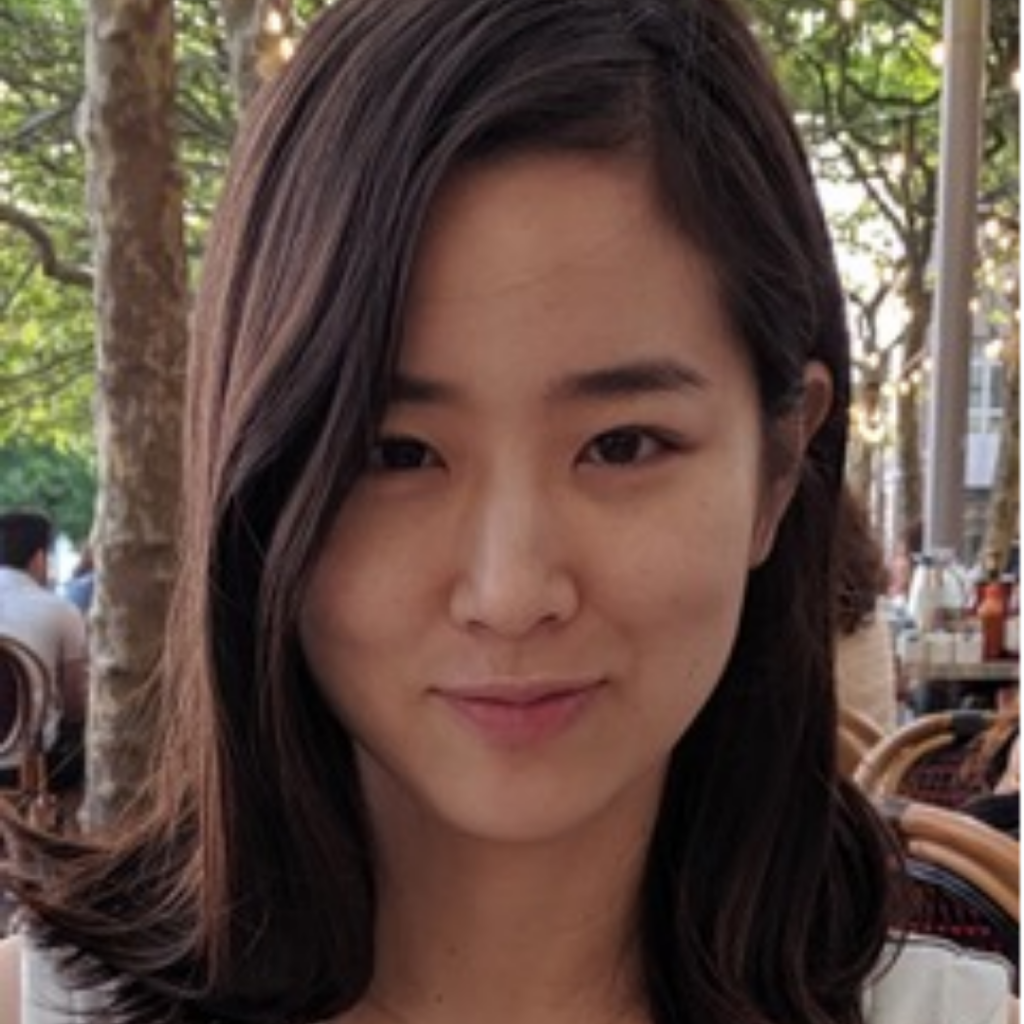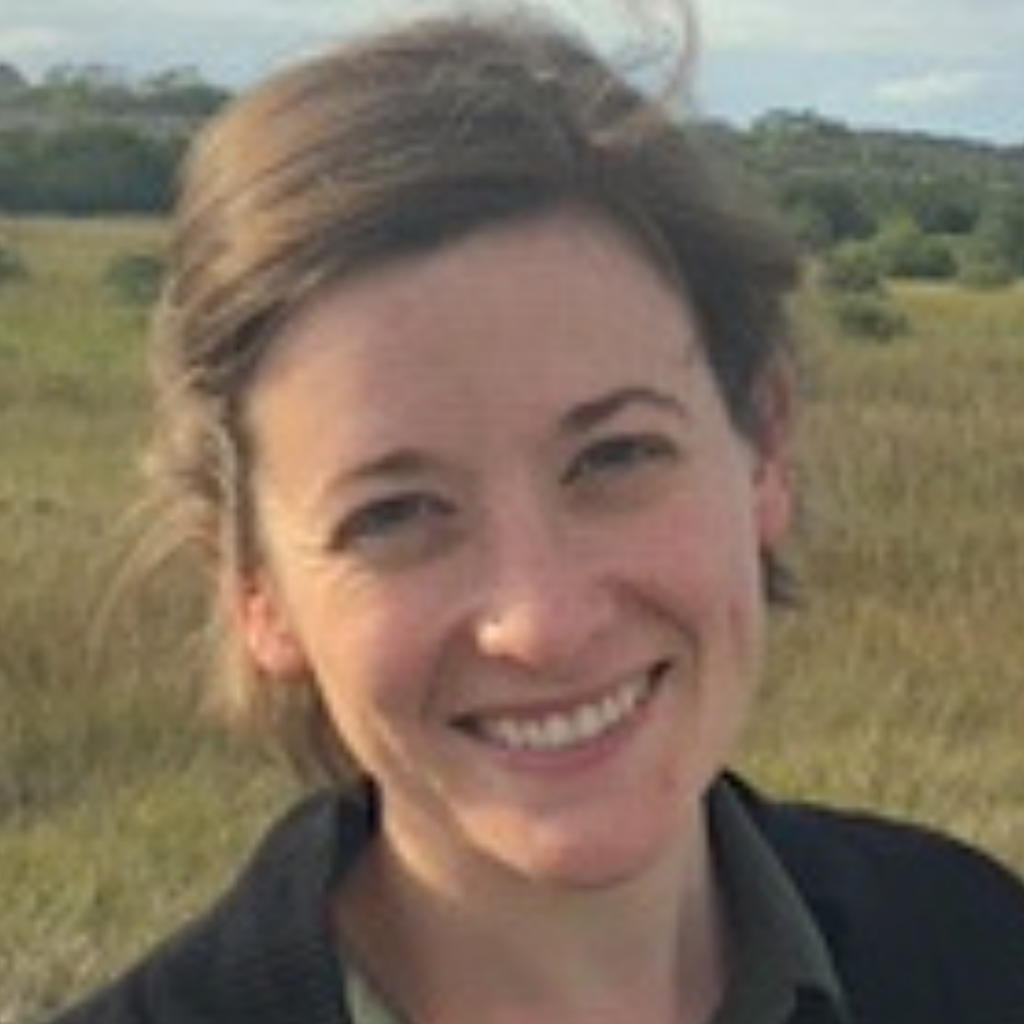Lee Kum Sheung Center for Health and Happiness
The mission of the Lee Kum Sheung Center for Health and Happiness is to build a rigorous and interdisciplinary science of positive health, happiness, and well-being with a focus on health equity, and to translate the science to influence practice and policy.
Kresge Building 6th Floor
677 Huntington Avenue
Boston, MA 02115

Dissertation Research Awards
The purpose of the Lee Kum Sheung Center for Health Happiness Dissertation Research Award is to assist Harvard doctoral students with research costs of up to $2,500 for up to 2 years.
Research must be in the field of positive health. The interdisciplinary science of positive health encompasses the study of physical, mental, and social factors that contribute to overall well-being and happiness. The field of positive health science adopts an asset-oriented view of health and well-being, focusing on identifying and promoting individuals’ and communities’ positive health assets and resources—strengths that can contribute to a healthier, longer life, rather than solely addressing deficits or illness. This approach recognizes the interconnectedness of psychological, social, and physical dimensions of health, aiming to enhance positive emotions, relationships, and environments to foster holistic well-being.
Our Center welcomes applications from interested students whose research projects incorporate positive health factors from a wide, interdisciplinary range of lenses, encouraging innovative approaches and diverse perspectives in addressing the complexities of human well-being.
Applications for the next round of awards are currently closed.
Research by past awardees has explored:
- The influence of social support and positive psychological well-being on physical health outcomes
- The impact of vicarious trauma on the physical health of nurses and patient care workers
- The connection between urban agriculture and health in Philadelphia using an environmental justice approach
- The health impact of community development interventions
- The influence of psychological resilience from early adversity on cardiometabolic health
- The role of psychosocial stressors and resources across the life span
Eligibility
- Applicants must be enrolled full-time in a doctoral program at any of the Harvard graduate schools
- Applicants should be actively working on their dissertation
- Dissertation proposals must have been approved by applicant’s dissertation committee prior to application
- The dissertation research must be in the field of positive health science or a closely related field
- Funds must be spent within two years of award or prior to dissertation defense, whichever comes first
Eligible research expenses include:
- Data collection expenses, such as travel, research participant stipends, database access, RA costs
- Data analysis expenses, such as software, equipment, transcription services
- Conference registration (only for conferences where the student will be presenting), including membership fees, conference registration fees, travel costs related to attending the conference, poster printing costs
- Publication fees, particularly for open access publications
Application Requirements
- Signed Application Form (access here).
- Cover Letter: Briefly describe your research interests and experience and your career plans. The letter also should explain how the topic of the dissertation fits with the mission of the Center. Two-page maximum.
- Research Statement: Must include a summary of the dissertation research as relevant to the Center, including project background and rationale, explanation of research design (methods, procedure, analysis plan, etc.), and other important aspects of the project. If you are requesting funds to support data collection, you must include information about your methodological plan (e.g. measures, sampling strategies, etc). Five-page maximum.
- CV in Harvard format (For more information about format click here)
- Budget and Budget Justification: The award must be used to support expenses that are directly related to the dissertation research (the funds cannot be used for living expenses). All expenses must be detailed and a rationale for each expense should be provided. Two-page maximum.
- Academic Transcript: Provide a current transcript of your graduate work
- Copy of Dissertation Proposal: Provide the copy of the proposal that was submitted to your dissertation committee.
- Letter of recommendation from mentor/advisor: Your professor should email this letter separate from the application and include “letter recommendation for [student’s name]” as a title to kelsey_torres@hsph.harvard.edu on or before the submission deadline. Two-page maximum. This must be submitted separately and directly from your mentor/advisor. It should NOT be included as part of your application!
Instructions for Application Submission
Dossier, including all of the documents listed above (with the exception of letter of recommendation), must be submitted by email Assistant Director of Operations Kelsey Torres at kelsey_torres@hsph.harvard.edu (as one single PDF document; individual documents will not be accepted) on or before the application deadline.
As stated above, your letter of recommendation must be submitted separately and directly from your mentor/advisor by email to kelsey_torres@hsph.harvard.edu on or before the application deadline. Late applications will not be considered.
The estimated date of award is January 30, 2026.
Evaluation Criteria
Selection will be based on quality of the research and relevance to the Center’s mission. Evaluation criteria will include the importance of the proposed issue, the strength of the research design, feasibility of the proposed work, importance to public health, and relevance for positive health science or translation of positive health science.
Reporting Requirements
Grant awardees are required to submit a brief interim (less than 2 pages) progress report and presentation mid-way through the grant period as well as a final closeout report. Guidelines for each report will be distributed after award is granted.
Timeline
The estimated date of award is Spring 2026.
Past Awardees
2024

Colleen’s dissertation focuses on various facets of prostate cancer survivorship. Her projects will examine long-term quality of life in groups for which disparities in these survivorship outcomes are apparent, including Black and advanced stage prostate cancer survivors, as well as cardiovascular disease incidence and mortality, which are leading morbidity and mortality concerns among prostate cancer survivors. In particular, she will examine the role of social connectedness in influencing survivorship outcomes, including social integration and experiences from one’s informal caregiver.
2023

Naiyu Chen’s dissertation investigated whether the quality of life of prostate cancer survivors was affected by their levels of physical activity, social support, and the walkability or amount of green space in their neighborhood. The subjects of the research were 1,692 men (ages 61-95 years) diagnosed with non-metastatic prostate cancer between 2008 and 2016, who were participants in the Health Professionals Follow-up Study. Ms. Chen found that individuals who were socially integrated (as compared to socially isolated) reported better memory function and overall well-being.
2022

Hayami Koga’s dissertation investigated whether positive psychological well-being plays a role in the maintenance of motor functioning and development of Parkinsonism in aging populations, as well as the neurobiological mechanisms underlying the link between positive psychological well-being and health outcomes. Her research also investigated the racial and ethnic differences in these associations. She hypothesized that positive psychological well-being will be associated with reduced risk of motor decline and healthier trajectories of Parkinsonism, and that these associations will be evident across racial groups.

Beth Stelson’s dissertation investigated how vicarious trauma (defined as the emotional duress that results when an individual hears about the trauma experiences of another) affects the physical health of nurses and patient care workers enrolled in the Boston Hospital Workers Health Study, and how components of a supportive work environment may beneficially diminish these effects. As a first step in this research, she examined the association between vicarious trauma exposure and worker health insurance claims; and as a second step, she assessed the degree to which a supportive work environment modifies the relationship between vicarious trauma exposure and physical health outcomes. She hypothesized that (1) greater vicarious trauma exposure will be associated with greater odds of experiencing an adverse physical health outcome, and (2) the effect of vicarious trauma exposure on health outcomes will vary by level of supportive work environment, as measured by people-oriented culture, coworker support, and supervisor support.